#alfarabius
Explore tagged Tumblr posts
Text
Al-Farabi:
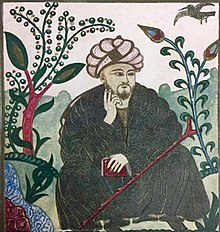
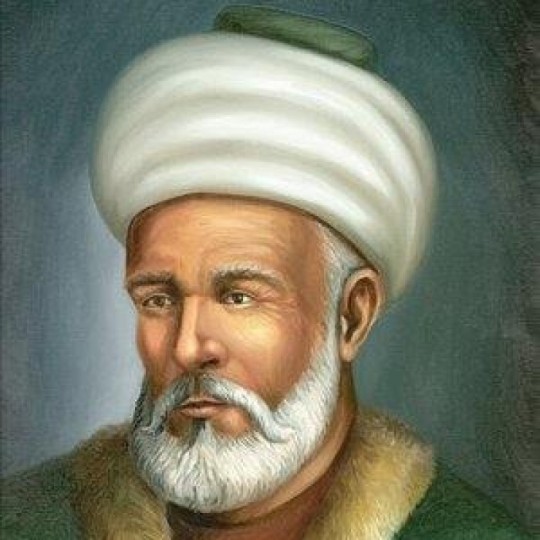
Al-Farabi on his wiki page:
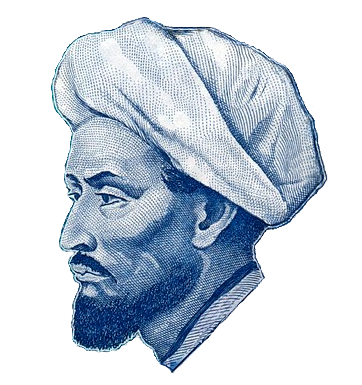
??? So naturally I went looking to see who tf yassified that old man and.
Turns out they designed this for a Kazakh bill????????
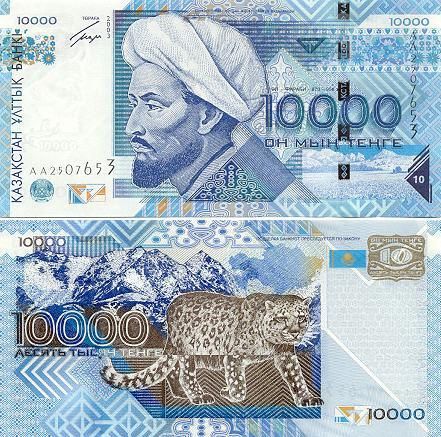
Someone was REALLY horny for al-Farabi in the Kazakh ministry of finances or something
#WHO DID THIS 😭😭😭#Al-Farabi#alfarabius#kazakhs how do you feel about having a yassified philosopher on your currency
7 notes
·
View notes
Text
The Words - The Thirtieth Word - Part 9
As a result of such mistaken views, philosophers have built their schools of thought on corrupt foundations. Even such eminent philosophers as Plato and Aristotle, Ibn Sina (Avicenna) and al-Farabi (Alfarabius), maintained that people’s ultimate aim is to make themselves like the Necessary Being; in other words, to actually resemble Him. Such views provoked Selfhood and set it free to run in the valleys of polytheism. This opened the way to associ- ating partners with God via such practices as the worship of causes, idols, nat- ural forces, and stars. They closed the doors to people’s perception and con- fession of their innate impotence and weakness, insufficiency and need, defi- ciency and imperfection, and thus blocked the road to worship and servitude to God. Immersed in naturalism and unable to escape from ascribing partners to God, they could not locate the wide open doors of gratitude.
In contrast, Prophethood considered that humanity’s aim and duty is to be molded by Divine values and achieve good character. Prophets believed that people should perceive their impotence and seek refuge with Divine Power, perceive their weakness and rely on Divine Strength, realize their insufficiency and essential poverty and trust in Divine Mercy, know their need and seek help from Divine Riches, see their faults and plead for pardon through Divine Forgiveness, and perceive their inadequacy and glorify Divine Perfection.
#allah#god#islam#muslim#revert#reverthelp#reverthelp team#convert#new revert#new convert#new muslim#muslim revert#muslim convert#welcome to islam#revert to islam#convert to islam#how to convert to islam#prophet#muhammad#quran#sunnah#hadith#dua#pray#prayer#salah#help
1 note
·
View note
Text
Ko je bio al-Farabi? Poznati muslimanski filozof i muzički teoretičar
Ko je bio al-Farabi? Poznati muslimanski filozof i muzički teoretičar
Nada Osman Malo se pouzdano zna o poreklu Abu Nasra al-Farabija, ali mnogi istoričari sumnjaju da je rođen negdje u centralnoj Aziji oko 878. ne i da je vjerovatno bio perzijskog porijekla. Poznat kao Alfarabius od strane srednjovjekovnih latinskih učenjaka, Farabi je bio muslimanski polimatičar koji je živio u ranoj fazi onoga što je postalo poznato kao “islamsko zlatno doba”. Pojam se odnosi na…
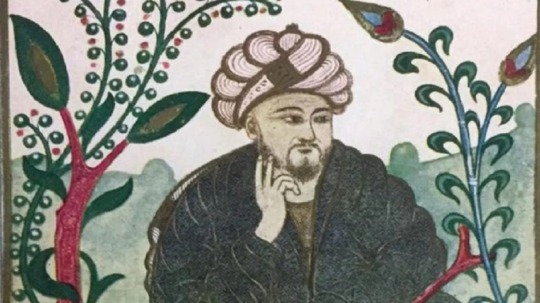
View On WordPress
0 notes
Text
Farabi Hakkında Bilgi Maddeler Halinde
Farabi Hakkında Bilgi Maddeler Halinde
İslam tarihinin en önemli alimlerinden olan 870-950 tarihleri arasında yaşayan Farabi Hakkında Maddeler Halinde Bilgi
TAVSİYE LİNK: İslam Medeniyetinde Alimler

Farabi
Asıl adı Muhammed’dir.
Kazakistan’da Farab şehrinde doğduğundan “Farabi” olarak anılır.
Avrupa’da Alfarabius, Abunazar isimleri ile tanınır.
Aristo mantığını çok iyi açıklaması dolayısıyla “Muallim-i Sani” (ikinci öğretmen)…
View On WordPress
0 notes
Text
TAFSIR: Risale-i Nur: The Words Collection:The Thirtieth Word.Part 3
The face represented by Prophethood is the origin of pure worship and servitude to God, for our selfhood knows that it is His servant. Selfhood realizes that it serves One other than itself and that its essential nature has only an indicative function. It understands that it bears the meaning of one other than itself and that it can be meaningful only when it points to that One upon Whom its existence depends. Selfhood believes that its existence and life depend upon that One’s Creativity and Existence. Its feeling of ownership is illusory, for selfhood knows that it enjoys only an apparent, temporary ownership by the real Owner’s permission and that it has only a shadow-like reality. It is a contingent entity, an insignificant shadow manifesting the true and necessary Reality. Its duty is consciously serving as a measure and balance for its Creator’s Attributes and essential Characteristics.
This is how Prophets, pure and righteous ones, and saints who follow the Prophets’ line perceive selfhood’s nature. As a result, they resign sovereignty to the All-Majestic Sovereign and Master of creation and believe that He has no partner or like in His Sovereignty, Lordship, and Divinity. He does not need an assistant or a deputy. In addition, He possesses the key to and has absolute power over all things. “Natural” causes are but a veil of appearances, and that nature is the sum of His creation’s rules, an assemblage of His laws, of how He displays His Power.
This radiant, luminous, beautiful face of Selfhood always has been like a living seed full of meaning. From it, the All-Majestic Creator has created the Touba tree of worship, the blessed branches of which have adorned all parts of our world with its illustrious fruits. Through this face, the darkness over the past is removed and we understand that the past is not a domain of eternal extinction or a vast graveyard, as conceived by philosophy, but rather a source of light and a bright, shining ladder with many rungs from which all souls traversing it may leap into the future and eternal happiness. It is also a radiant abode and a garden for souls that have left this world, cast off their heavy loads, and been set free.
The second face, represented by philosophy, regards Selfhood as having an essential meaning of its own. It says that Selfhood has an independent existence, is an index only to itself, and labors wholly on its own behalf. It considers Selfhood’s existence as necessary and essential, and falsely assumes that selfhood owns its being and is the real lord and master of its own domain. Philosophy supposes Selfhood to be a permanent reality that has, as its duty, the quest for self-perfection for the sake of self-esteem.
As a result of such mistaken views, philosophers have built their schools of thought on corrupt foundations. Even such eminent philosophers as Plato and Aristotle, Ibn Sina (Avicenna) and al-Farabi (Alfarabius), maintained that people’s ultimate aim is to make themselves like the Necessary Being; in other words, to actually resemble Him. Such views provoked Selfhood and set it free to run in the valleys of polytheism. This opened the way to associating partners with God via such practices as the worship of causes, idols, natural forces, and stars. They closed the doors to people’s perception and confession of their innate impotence and weakness, insufficiency and need, deficiency and imperfection, and thus blocked the road to worship and servitude to God. Immersed in naturalismand unable to escape from ascribing partners to God, they could not locate the wide open doors of gratitude.
In contrast, Prophethood considered that humanity’s aim and duty is to be molded by Divine values and achieve good character. Prophets believed that people should perceive their impotence and seek refuge with Divine Power, perceive their weakness and rely on Divine Strength, realize their insufficiency and essential poverty and trust in Divine Mercy, know their need and seek help from Divine Riches, see their faults and plead for pardon through Divine Forgiveness, and perceive their inadequacy and glorify Divine Perfection.
#allah#islam#muslim#revert#revert help#revert help team#convert#convert help#new revert#new convert#new muslim#muslim revert#muslim convert#how to convert to islam#prophet#muhammad#quran#sunnah#hadith#pray#prayer#salah#muslimah#hijab#reminder#religion
1 note
·
View note